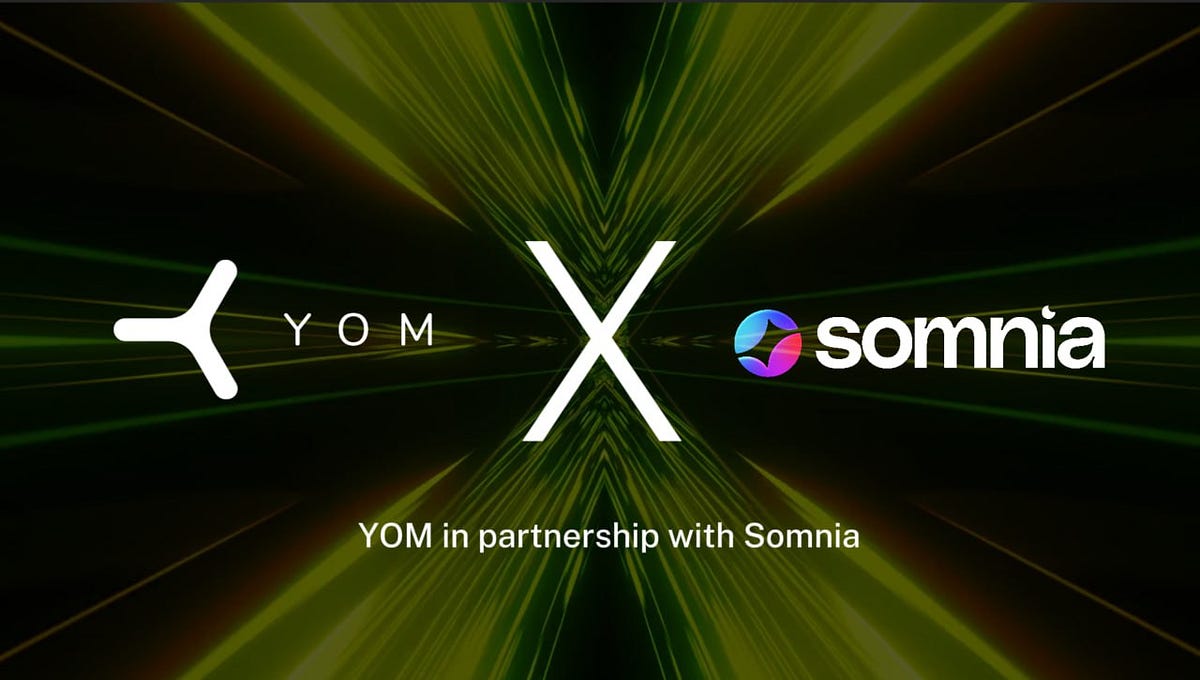YOM Partners with Somnia to Transform Cloud Gaming

The crypto multiverse is witnessing significant expansion with the recent partnership between YOM and Somnia, a high-performance blockchain tailored for fully on-chain applications. This collaboration positions YOM within Somnia’s ecosystem, which includes 15 other innovative projects across diverse sectors such as DeFi, AI, and gaming. The synergy between YOM’s peer-to-peer cloud gaming platform and Somnia’s capabilities is poised to revolutionize the gaming landscape, particularly with YOM’s unique DePIN (Decentralized Physical Infrastructure) model that drastically reduces gaming costs from $6 per hour to just $0.30 per hour.
This partnership holds substantial implications for the YOM community. Firstly, YOM gains increased visibility by aligning with notable players like QuickSwap, Stargate, and Alchemy Pay within Somnia’s ecosystem. Additionally, Somnia’s scalable infrastructure promises enhanced performance for YOM’s cloud gaming services, ensuring they remain seamless, secure, and fast. Furthermore, this collaboration opens up new opportunities for YOM’s node operators and community members, providing them with access to a broader network of users, builders, and developers who are part of the Somnia ecosystem.
Looking ahead, YOM plans to showcase its capabilities during Somnia’s Testnet launch. This initiative will provide exclusive insights, events, and opportunities for the community as they embark on this exciting partnership. With Somnia’s robust blockchain infrastructure combined with YOM’s innovative cloud gaming technology, the future looks bright for decentralized gaming, enabling users to stream AAA-quality games from any device in a fast, affordable, and decentralized manner. YOM is committed to making gaming accessible for everyone, everywhere.
Related News





